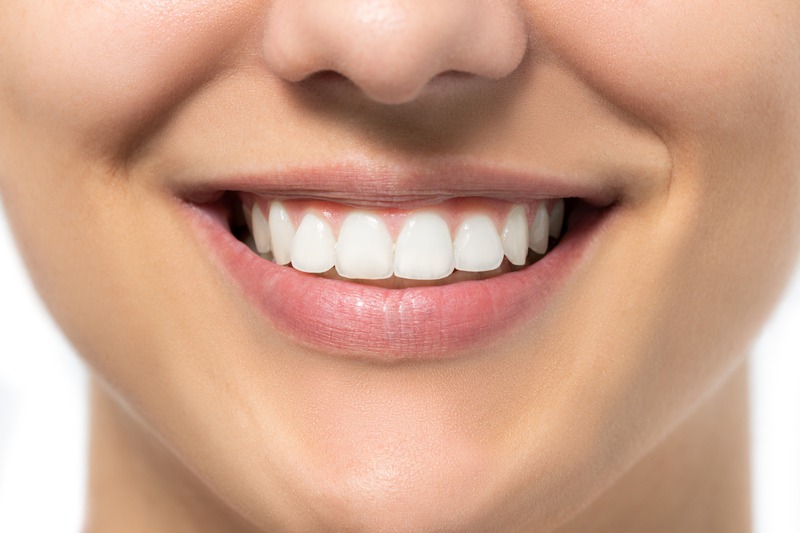Everyone desires a bright, healthy smile, and while brushing, flossing, and regular dental checkups are essential, what one eats plays a significant role in oral health. A balanced diet can bolster tooth strength, curb bacteria, and prevent numerous dental issues.
Nutrients That Promote Oral Health
A range of nutrients is vital to maintaining healthy teeth.
-
Calcium: Essential for strong teeth and bones, calcium can be found in dairy products, leafy greens, and fortified foods.
-
Phosphorus: Often found in proteins such as meat, eggs, and nuts, this mineral works in tandem with calcium to fortify teeth.
-
Vitamin D: It helps absorb calcium and can be obtained from sunlight, fatty fish, and fortified foods.
A diet rich in these nutrients supports dental health by reinforcing tooth enamel and reducing the risk of tooth decay and gum disease.
Foods to Embrace for Oral Health
Some foods are particularly beneficial for teeth:
-
Cheese and yogurt are excellent for their high calcium content and ability to balance the mouth’s pH level.
-
Fiber-rich foods like fruits and vegetables increase saliva flow, which is crucial in warding off cavities and gum disease.
-
Green and black teas contain polyphenols that help manage bacteria, reducing the risk of cavities and gum inflammation.
Choosing these foods can contribute to healthier teeth and gums, and when included in a balanced diet, they help maintain overall health too.
Foods and Habits to Avoid
Conversely, certain foods and habits can negatively impact oral health.
-
Sugary snacks and drinks should be limited as sugar feeds bacteria that produce harmful acids attacking tooth enamel.
-
Sticky or chewy candies and dried fruits can cling to teeth, which may lead to decay.
-
Hard foods like ice can damage tooth surfaces or cause fractures.
Avoiding or limiting these can protect your teeth from unnecessary damage and dental issues.
Acidic Impact on Teeth
A diet high in acidic foods and beverages can erode tooth enamel over time, leading to sensitivity and cavities.
It’s not just what you eat but how often you consume acidic items. Frequent snacking without proper dental hygiene can increase the risk of acid erosion. Therefore, moderating the intake of acidic food and drink, while ensuring a diligent oral care routine, is key.
Oral Health and Overall Wellness
Oral health is deeply connected to overall wellness, with diet being a common link. Gum disease, for instance, has been associated with broader health issues such as diabetes and heart disease. Prioritizing a diet beneficial for oral health can contribute to a healthier body overall.
Maintaining a Balance
Balancing one’s diet is vital to oral health. It’s about enjoying a variety of foods while being mindful of those that can harm oral health. Consistency in eating patterns allows for better planning and reduces the temptation of impulsive snacking on harmful foods. Regularly incorporating foods that strengthen teeth, alongside proper dental hygiene, can form a strong defense against many oral health problems.
Minimally Invasive Dental Care
In line with a healthy diet, advancements in dental care, such as minimally invasive laser gum treatment, offer innovative ways to manage dental health with precision and reduced discomfort. Such advanced treatments not only preserve healthy tissue but also speed up recovery times and are a testament to the evolving nature of oral healthcare.
Regular Dental Checkups and Personal Habits
Even with a diligent diet, regular dental visits are essential. Professionals can detect early signs of problems that might not be immediately apparent. They can also offer additional guidance on personal habits, such as brushing techniques and the right oral care products, that complement a tooth-friendly diet.
Incorporating habits like drinking plenty of water and avoiding tobacco products also makes a significant difference in maintaining a healthy mouth and supporting the benefits of a mindful diet.
Seeking Professional Advice
For those seeking quality dental care in Tracy, CA, consulting with dental professionals allows one to receive personalized dietary recommendations that align with their oral health goals. Experts can help navigate nutritional choices to enhance dental health while addressing any existing dental conditions with a comprehensive approach tailored to individual needs.
Diet and Oral Health for Children
For children, establishing a healthy diet early on is critical to developing strong teeth. Limiting sugary drinks, including juices, and instilling good eating habits set the foundation for long-term oral health. Additionally, creating a positive environment around dental care helps children see it as just another important part of their routine.
Parents and caregivers play a crucial role in educating and monitoring children’s dietary choices and ensuring they stay on the path to good oral health.
Exploring Orthodontic Options
When considering orthodontic treatment, understanding the difference between invisalign and traditional braces is crucial as it can impact dietary choices during treatment. With aligners, there are fewer dietary restrictions compared to braces, which may require avoiding certain crunchy or sticky foods.
Closing Remarks
To sum it up, diet plays a pivotal role in maintaining healthy teeth. Consuming foods rich in essential nutrients and being cautious of damaging substances like sugar and acid are key lifestyle choices for preserving oral health. Coupled with current dental treatments and professional guidance, securing a beautiful smile is an attainable goal. Remember, oral health is a reflection of one’s overall health, so take care of your teeth by minding what you eat!

